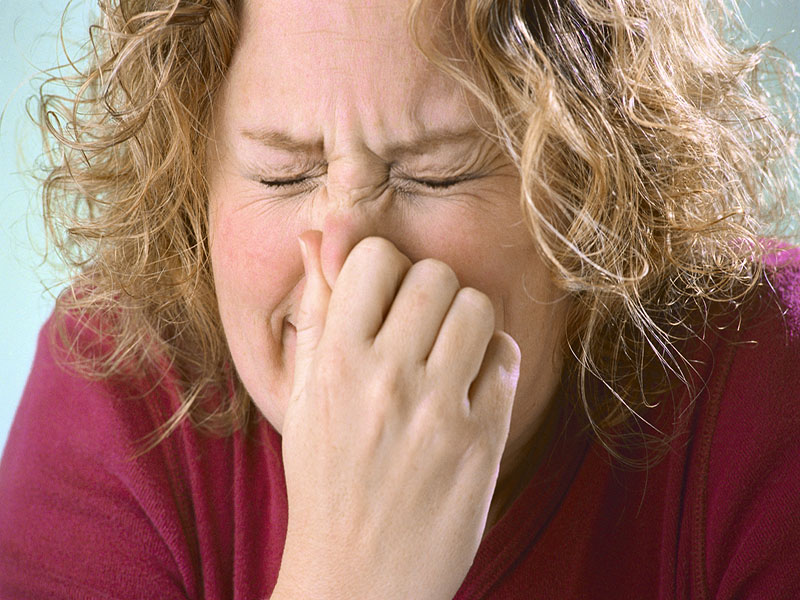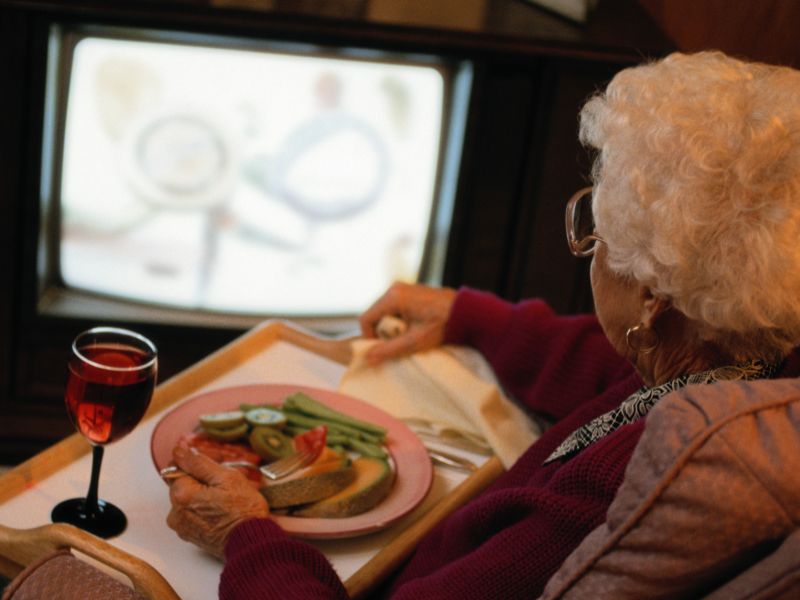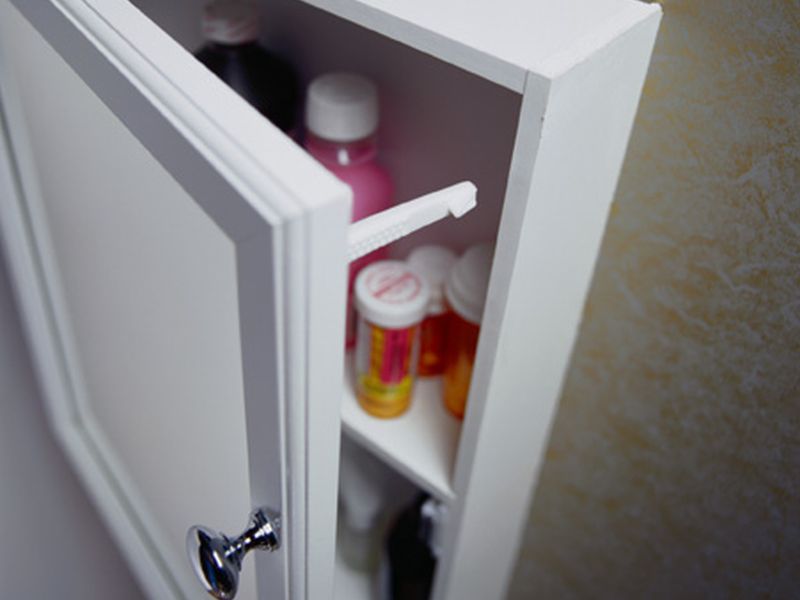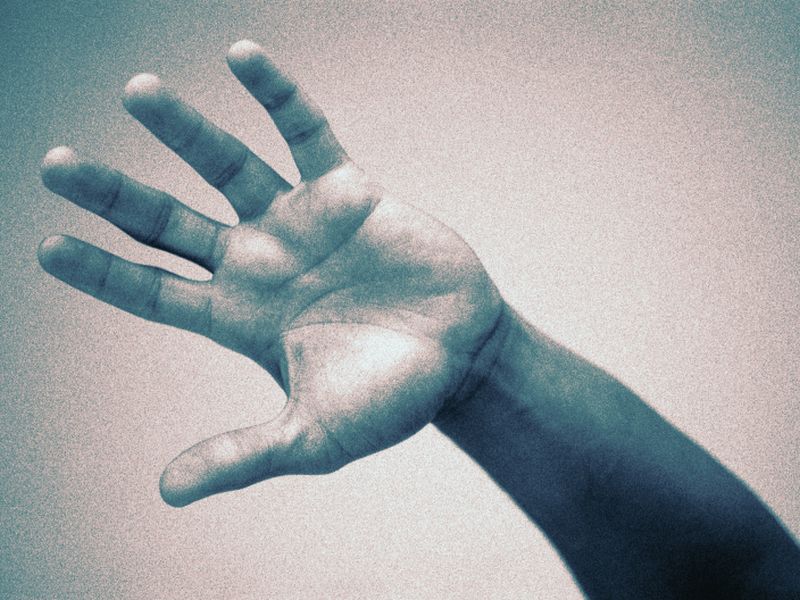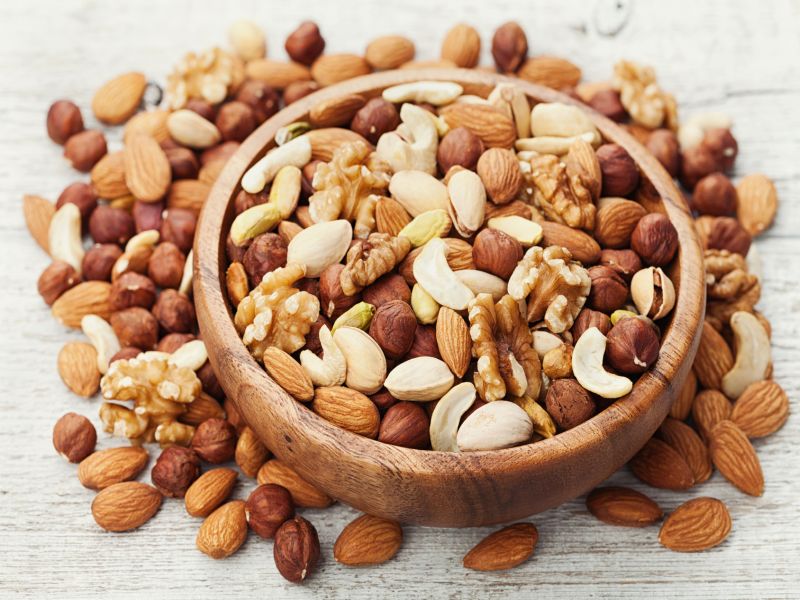
Shopping for a gift for a friend or loved one? Instead of wracking your brain over which sweater to buy, keep in mind that gifts for good health are always the right size. You can be extravagant with a gym membership or a state-of-the-art piece of home equipment, but there are also many choices that… read on >










